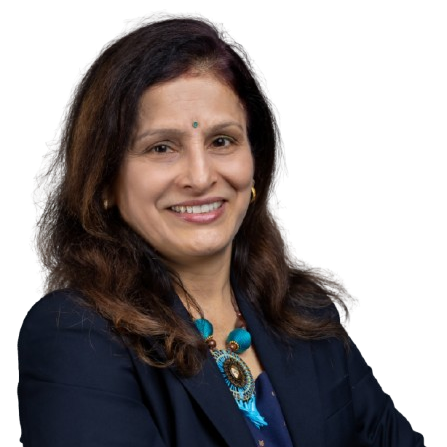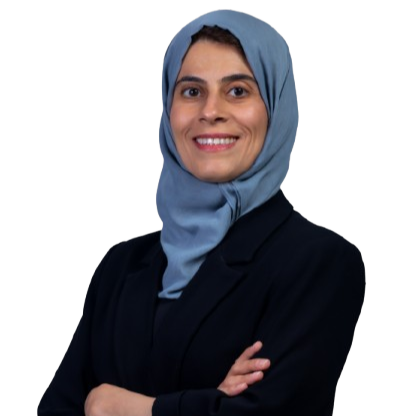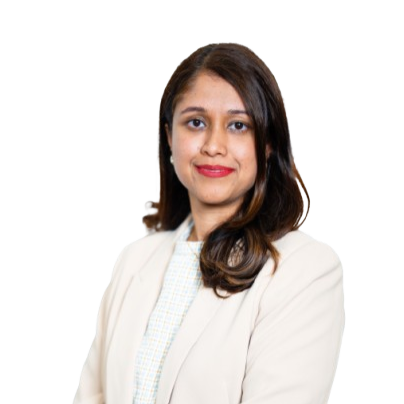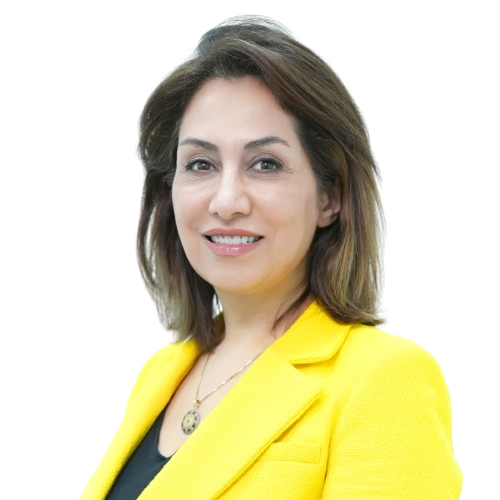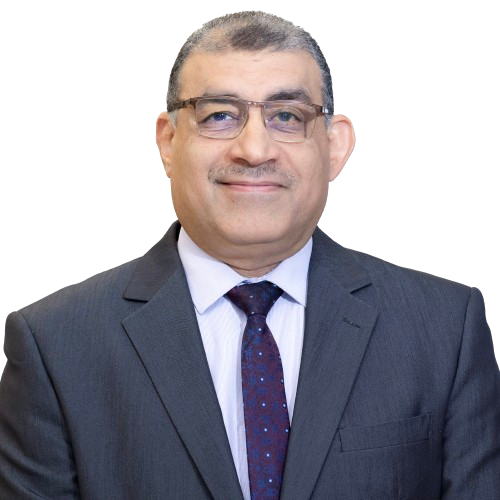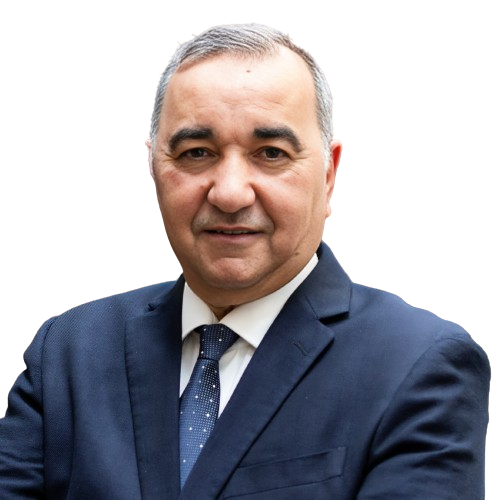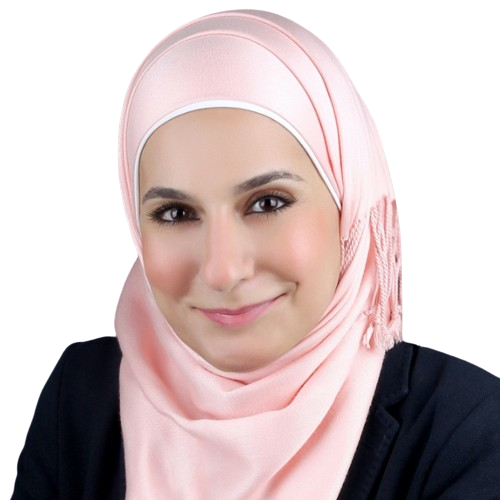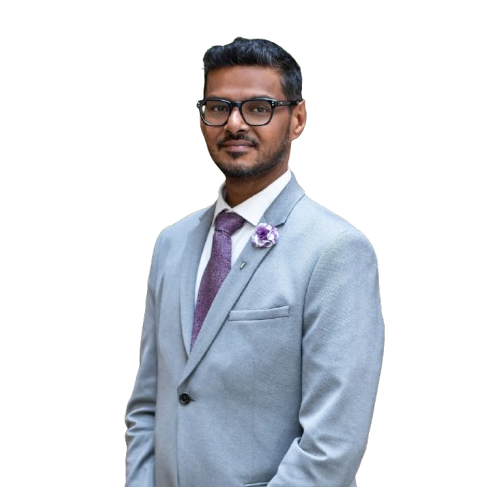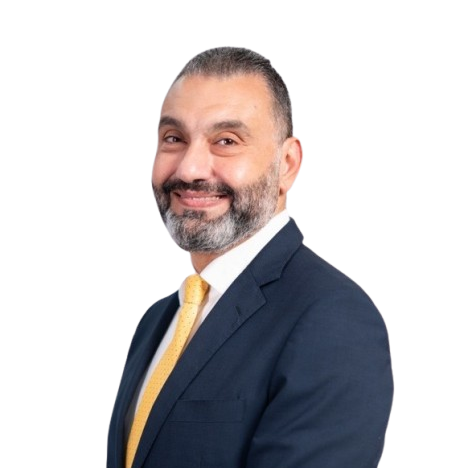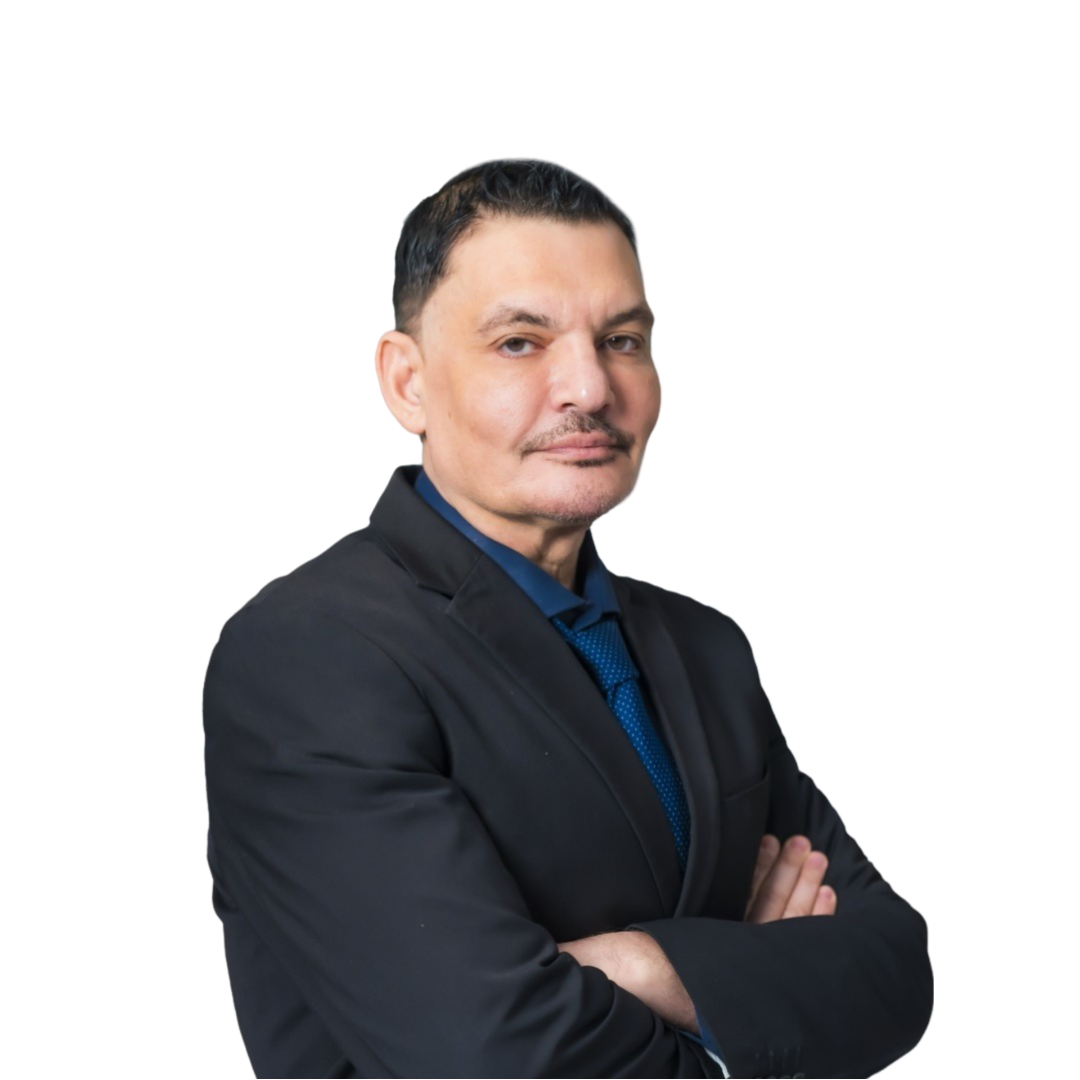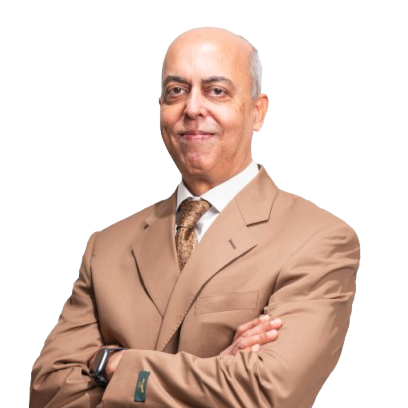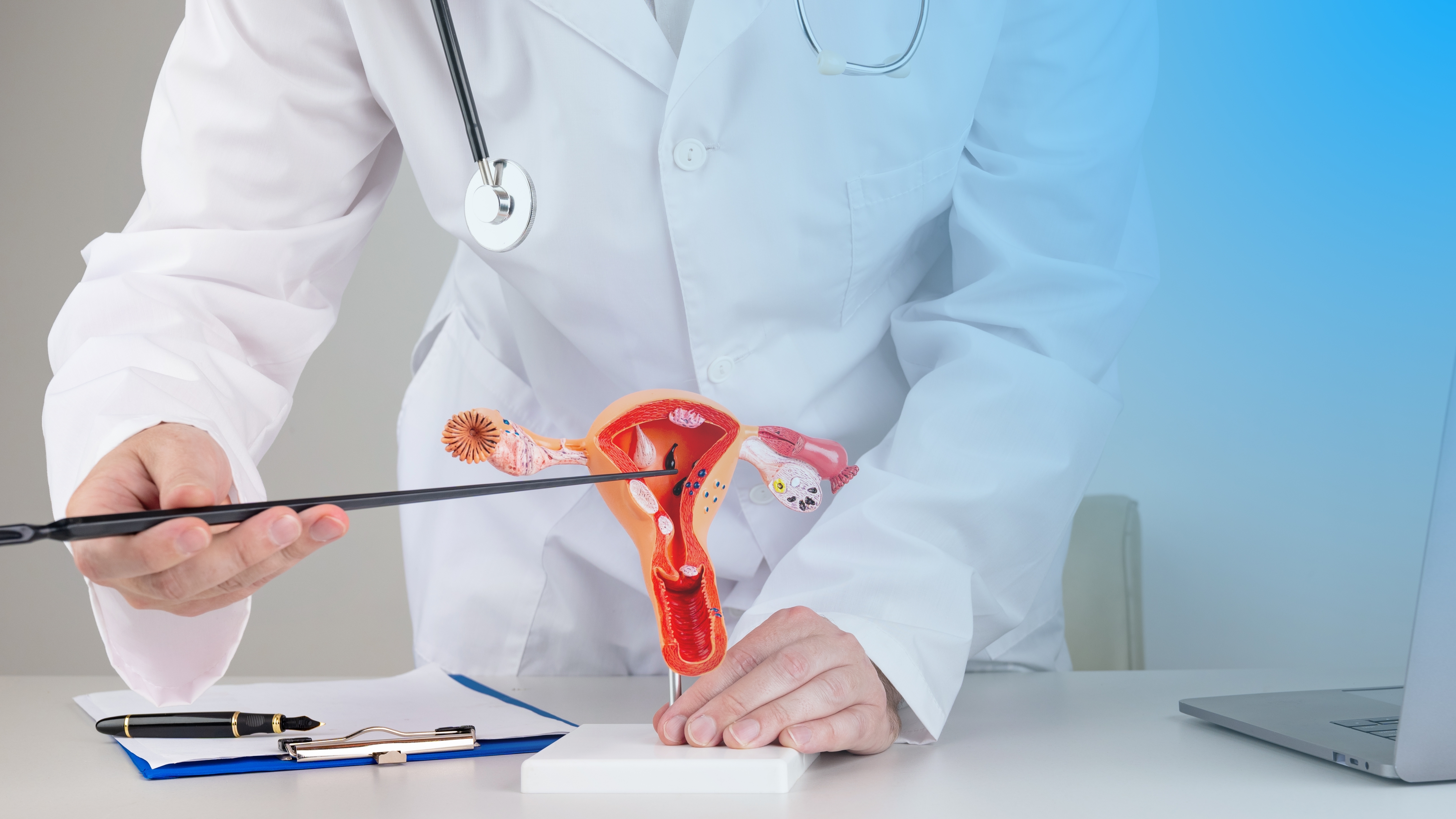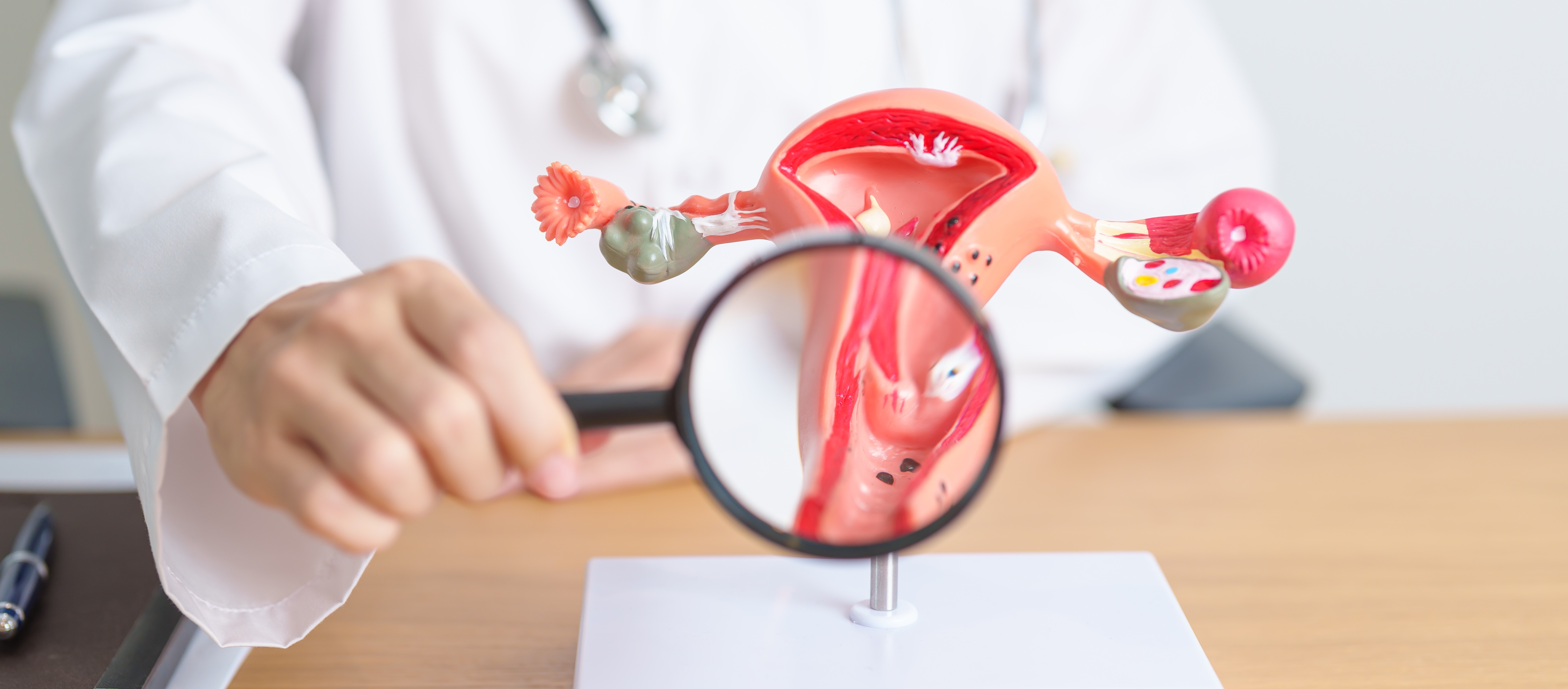Anal Fissures: Symptoms, Causes, Treatment, Prevention, And More
Written By: Dr. Khaldoun Ghareb
Updated On:December 21, 2023

What Are Anal Fissures?
A fissure refers to a cut or crack in a body tissue. When the moist mucus lining/tissue of the anus has a cut or tear in it, the person has what is called an anal fissure. Anal fissures can either be small & shallow, causing slight pain & some bleeding, or deep, sometimes even exposing the muscle underneath. Anal fissures are very common & can happen to people of all ages. Both men & women can be affected, & infants can suffer from anal fissures as well. They mostly heal on their own, although in cases where the fissure doesn’t get better for more than a few weeks, medical attention may be required.
Symptoms of Anal Fissures
Anal fissures are characterized by the following symptoms:
- A visible crack or cut in the skin around the anus
- A small lump of skin beside the fissure
- Sharp anal pain during bowel movements
- Bright red blood on stool
- A burning feeling in the anal area
- Itching near the tear
- Pain after bowel movements.
When to See a Doctor for Anal Fissures
Most cases of anal fissures heal on their own. However, if the fissure persists for more than 8 weeks or if you experience the symptoms with higher severity, such as bleeding profusely or severe pain during bowel movements, you should seek medical attention immediately.
Risk Factors of Anal Fissures
There are certain factors that increase the chances of getting anal fissures:
- Having a low-fiber diet can increase chances of constipation, resulting in strained bowel movements & passing of hardened stool, both of which can cause a tear in the anal tissue lining
- Engaging in anal intercourse
- Having Crohn’s disease, an IBD, can make the mucus lining of the anal canal more susceptible to tearing
- Women that have recently given birth are at a higher risk of anal fissures
- Anal fissures are more common in infants & young to middle-aged adults
- Older people are also more prone to anal fissures.
Complications of Anal Fissures
There are a few complications that are found in some cases of anal fissures. These include:
- Difficulty healing: Some anal fissures fail to heal & can still be there beyond eight weeks. This is considered a chronic case of anal fissures & requires medical treatment.
- Recurrence: People that have experienced anal fissures once are at a risk of developing anal fissures in the future.
- Expansion of the tear: In some cases, the anal fissure extends to the surrounding anal sphincter muscle, a ring of muscle that keeps the anus closed during rest & sleep. This makes the healing process difficult & can prolong the discomfort that comes with anal fissures.
When to see a doctor for Anal Fissures
Anal fissures are diagnosed through a physical anal fissure exam. Your doctor inspects the anal region & looks for the tear, trying to pinpoint its location which provides insight into the fissure’s cause. For example, a fissure’s origin on the anus’s front or back can come from any common cause, such as constipation. However, if your anal fissure exam shows the location of the anal fissure to be on the side of the anal opening, your fissure may have been caused by a health condition such as Crohn’s disease, a common type of IBD. In this case, your doctor may suggest more tests such as an anoscopy & may perform a rectal exam to pinpoint the actual underlying cause of the anal fissure.
How to Cure Anal Fissures
Patients can themselves treat anal fissures at home using certain home remedies. If the anal fissure’s apparent cause is constipation, then you should consider:
- Increasing the amount of fiber in your diet
- Drinking more fluids
- Taking fiber supplements
- Taking over-the-counter medication to soften stool
Doctors may also recommend anesthetic creams such as lidocaine hydrochloride (Xylocaine) to help relieve the pain. Externally applied nitroglycerine can be used to promote healing of anal fissures. Nitroglycerine increases blood flow to the anal region. Botox injections are used in some cases to relax spasms in the anal muscles & blood pressure medications can be used to relax the anal sphincter muscle. In case of chronic fissures that fail to heal from any of the treatment options mentioned above, doctors may suggest a surgical procedure known as lateral internal sphincterotomy (LIS). In LIS, a small part of anal sphincter muscle is removed to ease spasms & promote healing. Anal fissures can easily return after being cured in each separate instance. These anal fissure treatments will need to be used again if you go through the experience again.
Consult your doctor to choose the best anal fissure treatment option for you.
Prevention of Anal Fissures
Anal fissures can be prevented by implementing several lifestyle changes including:
- Increasing the fiber content in your diet. Fruits, vegetables, nuts, & whole grains contain a lot of fiber & adding them to your diet can greatly reduce the risk of constipation. The recommended daily fiber intake to keep stool from hardening is approximately 25 to 30 grams. Fiber supplements can sometimes also fulfill this requirement.
- Increasing liquid intake can prevent constipation by helping stool move easily through the digestive tract.
- Do not strain yourself during bowel movements. Straining or forcing bowel movements can create pressure in the anal canal causing tears in the skin.
- Exercising regularly promotes digestion & healthy bowel movements.
- Anal fissures in infants can be prevented by changing diapers frequently.
- If you are suffering from diarrhea, take immediate proactive steps to treat it.
- Keep the anal area dry.
To understand more about the symptoms, causes, treatment & prevention of anal fissures, get in touch with Medcare Hospitals & Medical Centres.
Meet our doctors from the General Surgery department





